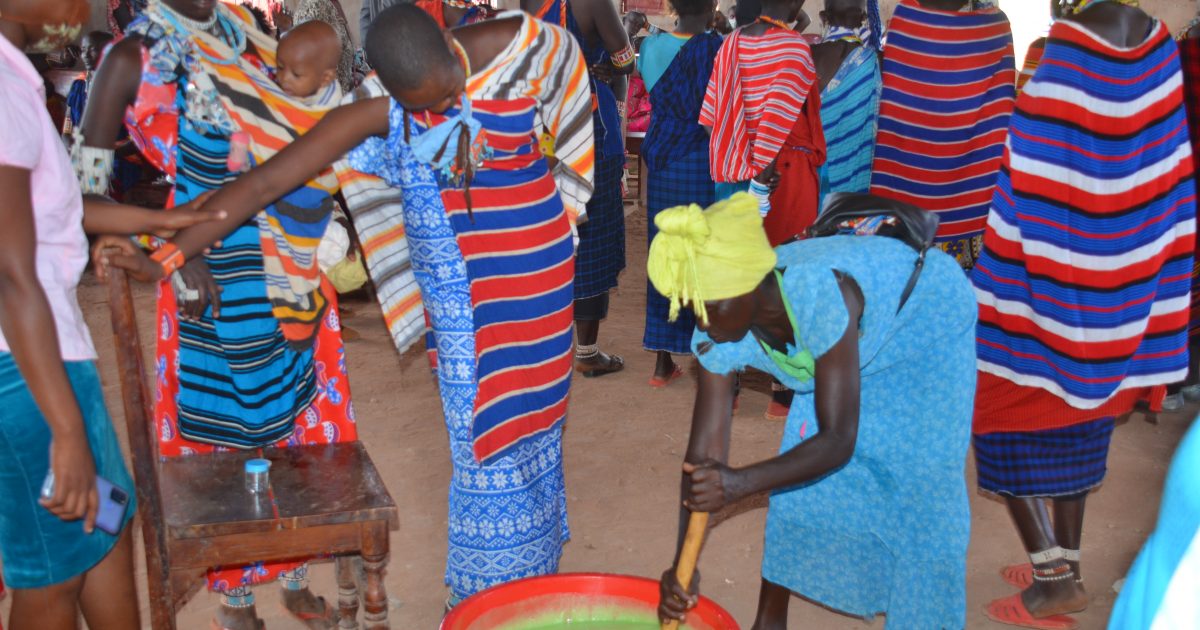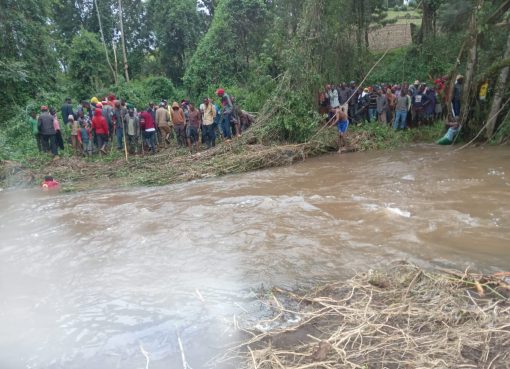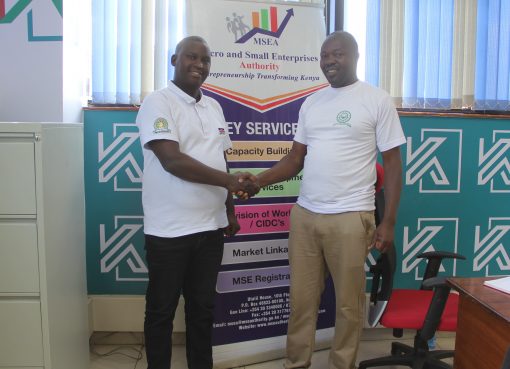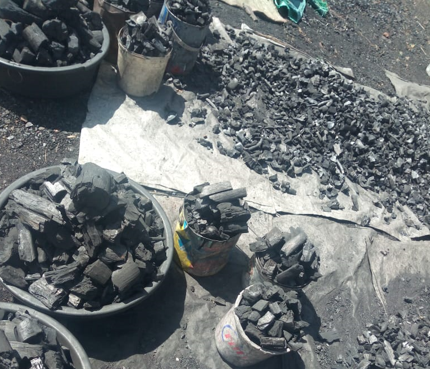Hundreds of Maasai women in Taveta Sub County have a reason to smile after they were trained on soap making projects as an alternative source of livelihood.
The project is sponsored by Mr. Morris Mutiso, a Taveta businessman who says he is committed to promoting cottage industries among rural women in the pastoral community. This income-generating activity will benefit women in four villages of Orkungu, Jipe, Njoro and Salaita at the border sub-county.
Speaking at Orkungu on Tuesday, Mr. Mutiso said economic empowerment for rural women was possible if women were allowed to thrive.
“These women need empowerment by providing them with an alternative source of livelihood. They should not only be subjected to house chores and rearing of children,” he said.
Traditionally, Maasai men herd cattle while women are left at home to carry out the household duties. Women’s sole source of livelihood comes from sale of milk which is affected by seasons. Sales are reportedly low in dry seasons while they rise in wet seasons when pastures are abundant.
So far, over 600 litres of ingredients including chemicals and perfumes have been distributed to several groups in the region. The women will be making the soaps in their homes after they are done with domestic chores. They were advised to sell the soap and take the profits back to the groups for reinvestment.
Ms. Teresia Sarony, one of the beneficiaries, said the lessons would help women take part in supplementing households’ income for the pastoral communities.
“Through sales of these soaps, we will cater for some of our families’ needs and supplement the family income,” she said.
Mr. Peter Olsai, a herder at Orukungu, said the project would assist women become prudent in financial matters.
Mr. Olesai, whose wife was amongst the trainees, added that financial empowerment was crucial to uplift the lives of the rural communities. “It will bring more money to the home and she will support some of the activities,” he said.
Being a rigidly patriarchal community, Mr. Olesai said that support by men was vital to the success of the project.
Mr. Mutiso disclosed that his team will conduct monitoring exercises to ensure continuity of the project. He also donated plastic chairs for a local women group for renting out as part of an additional source of income.
by Wagema Mwangi





